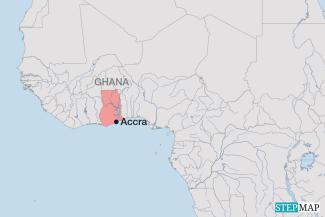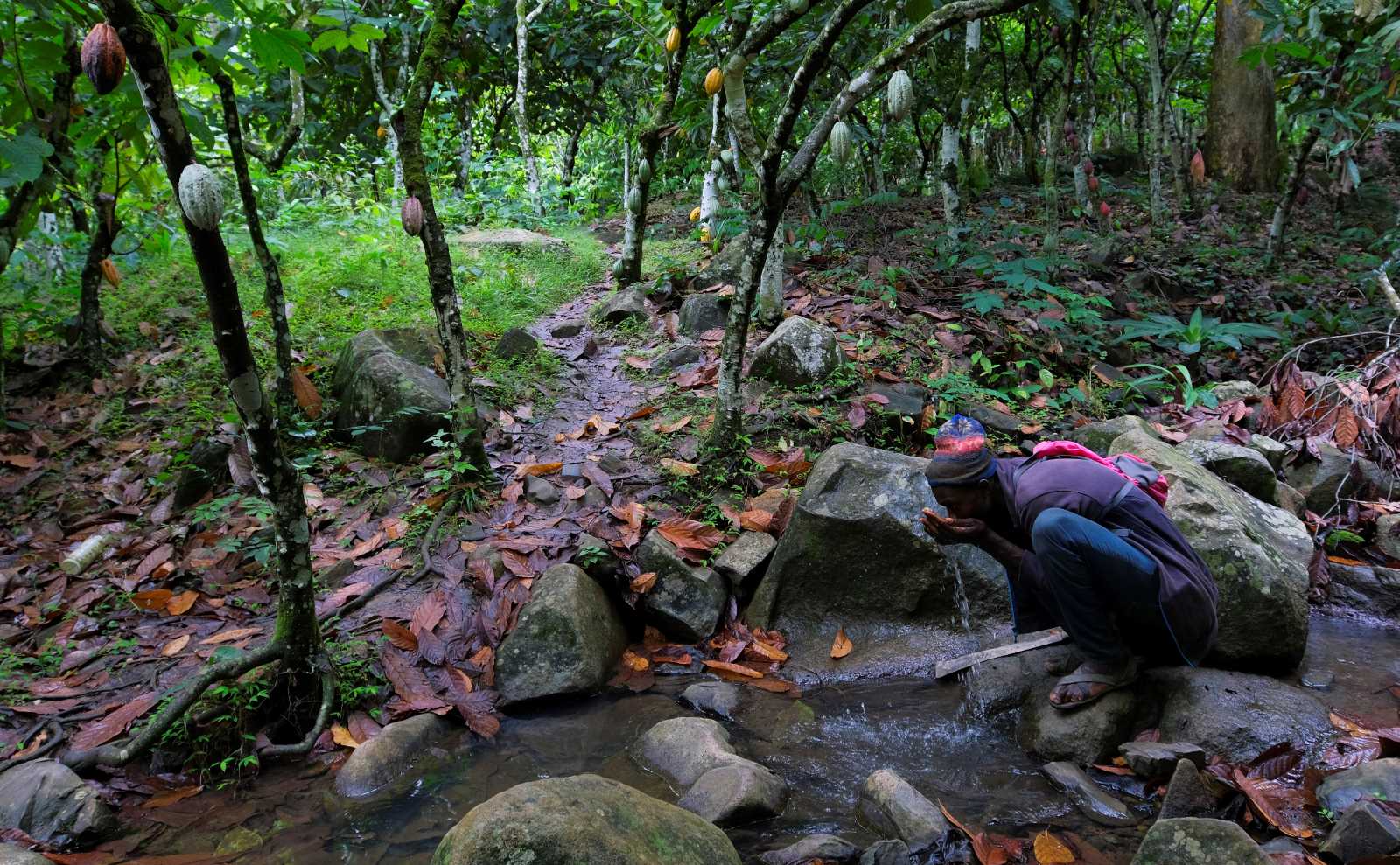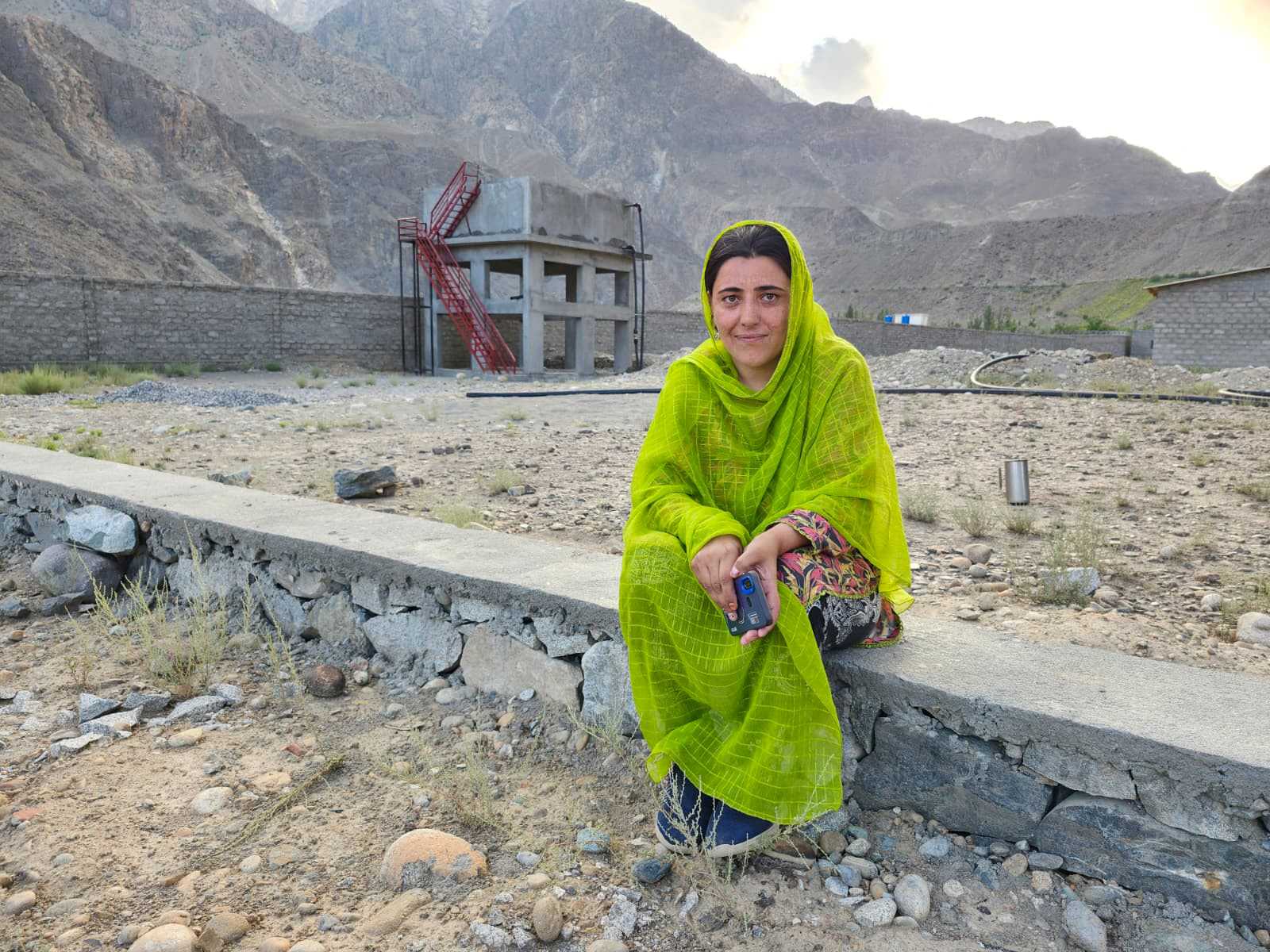Infrastructure
Ghana's water supply

The institutional framework for ensuring access to safe drinking water for all Ghanaians goes back almost a century. Among the big improvements made to drinking-water provision was the establishment of the Ghana Water and Sewerage Corporation (GWSC) in 1965. GWSC was responsible for managing water production and distribution in both rural and urban areas. This dual focus shifted in the 1980s and 1990s, when Ghana underwent significant institutional and legal reforms as part of the structural adjustment programmes (SAPs) set out by the World Bank and International Monetary Fund (IMF). The modifications in the water sector included a formal separation of rural and urban drinking-water management.
In 1999, GWSC was transformed into a limited liability company called the Ghana Water Company Ltd (GWCL). Since then, GWCL is only responsible for managing the urban water supply. Urban drinking water is regulated by the Public Utilities Regulatory Commission (PURC), which was set up in 1997 as part of the utility-sector reforms. PURC reviews and approves tariffs and monitors GWCL and other secondary and tertiary water suppliers.
In 1993, the legislature made Ghana’s metropolitan, municipal and district assemblies (MMDAs) responsible for improving access to water and sanitation in rural communities and towns with fewer than 10,000 people. The MMDAs receive support from the Community Water and Sanitation Agency (CWSA), which promotes the development and sustainability of safe water.
The CWSA also coordinates efforts by civil-society organisations (NGOs) and private-sector actors to provide safe drinking water in rural areas. Local user communities manage rural water infrastructure through water and sanitation management teams (WSMTs), who also handle the supervision of drinking-water infrastructure and address consumer concerns.
At the policy level, the Ministry of Sanitation and Water Resources (MSWR) is the main government institution responsible for water policy formulation and coordination. Other stakeholders include the Water Resources Commission (WRC) and the Environmental Protection Agency (EPA). At the same time, Ghana still faces multiple challenges in water supply.
Elaine T. Lawson is a senior research fellow at the University of Ghana’s Institute for Environment and Sanitation Studies.
elaine_t@staff.ug.edu.gh










